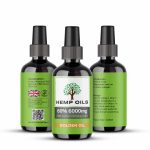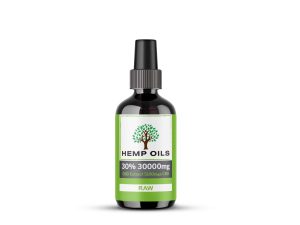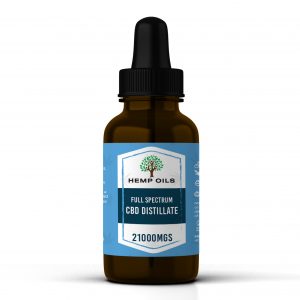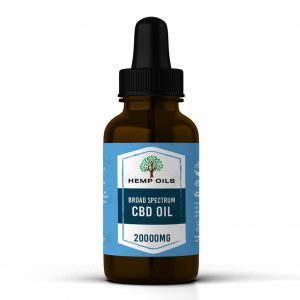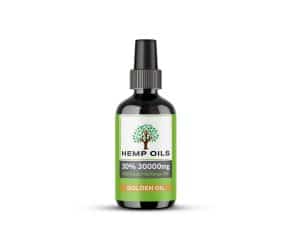Hemp oil, derived from the seeds of the cannabis plant, is gaining popularity for its potential health benefits. This natural oil is rich in essential fatty acids, antioxidants, and other beneficial compounds that make it an excellent addition to your wellness routine. While hemp oil can be used topically, many individuals prefer taking it internally to maximize its effects. In this article, we will explore the benefits of taking hemp oil internally, the appropriate dosage and administration methods, the potential side effects, and the precautions and considerations to keep in mind.
Benefits of Taking Hemp Oil Internally
Taking hemp oil internally can offer a wide range of potential benefits for your overall health and well-being. Firstly, it is known for its anti-inflammatory properties, which can help alleviate symptoms associated with chronic inflammation and support a healthy immune system. Additionally, hemp oil is rich in omega-3 and omega-6 fatty acids, which are crucial for maintaining a healthy heart and brain function. These fatty acids also contribute to healthy skin, hair, and nails. Moreover, hemp oil contains antioxidants that can help protect your cells against damage caused by free radicals, reducing the risk of chronic diseases.
Dosage and Administration of Hemp Oil
Determining the appropriate dosage and administration of hemp oil is essential to ensure its effectiveness and safety. It is recommended to start with a low dosage and gradually increase it as needed. A general guideline is to take 1-2 tablespoons of hemp oil per day. However, individual factors such as age, weight, and the specific condition being targeted may require adjustments to the dosage. It is best to consult with a healthcare professional to determine the optimal dosage for your unique needs. Hemp oil can be consumed directly, added to foods and beverages, or used as a salad dressing for a delicious and easy way to incorporate it into your daily routine.
Potential Side Effects of Internal Hemp Oil Use
While hemp oil is generally safe for internal consumption, it is essential to be aware of potential side effects. Some individuals may experience mild digestive issues such as diarrhea or stomach discomfort when taking hemp oil in larger quantities. Furthermore, hemp oil may interact with certain medications, so it is crucial to consult with a healthcare professional if you are taking any prescription drugs. Although rare, allergic reactions to hemp oil may occur in some individuals. If you experience any adverse effects after taking hemp oil, discontinue use and seek medical advice.
Precautions and Considerations for Taking Hemp Oil
Before incorporating hemp oil into your daily routine, there are a few precautions and considerations to keep in mind. Firstly, ensure that the hemp oil you purchase is of high quality and derived from organic sources to minimize the risk of contaminants. Additionally, pregnant or breastfeeding women should consult with their healthcare provider before using hemp oil. It is also important to note that hemp oil does not contain THC, the psychoactive compound found in marijuana, so it does not cause a "high" effect. Lastly, always store your hemp oil in a cool, dark place to maintain its freshness and potency.
Taking hemp oil internally can be a beneficial addition to your wellness routine, offering potential advantages for your overall health and well-being. By understanding the appropriate dosage, potential side effects, and necessary precautions, you can safely incorporate hemp oil into your daily regimen. Remember to consult with a healthcare professional to determine the optimal dosage for your individual needs and to ensure it does not interact with any medications you may be taking. With its numerous health benefits and versatile usage options, hemp oil can be a valuable natural supplement to support your journey towards optimal health.
